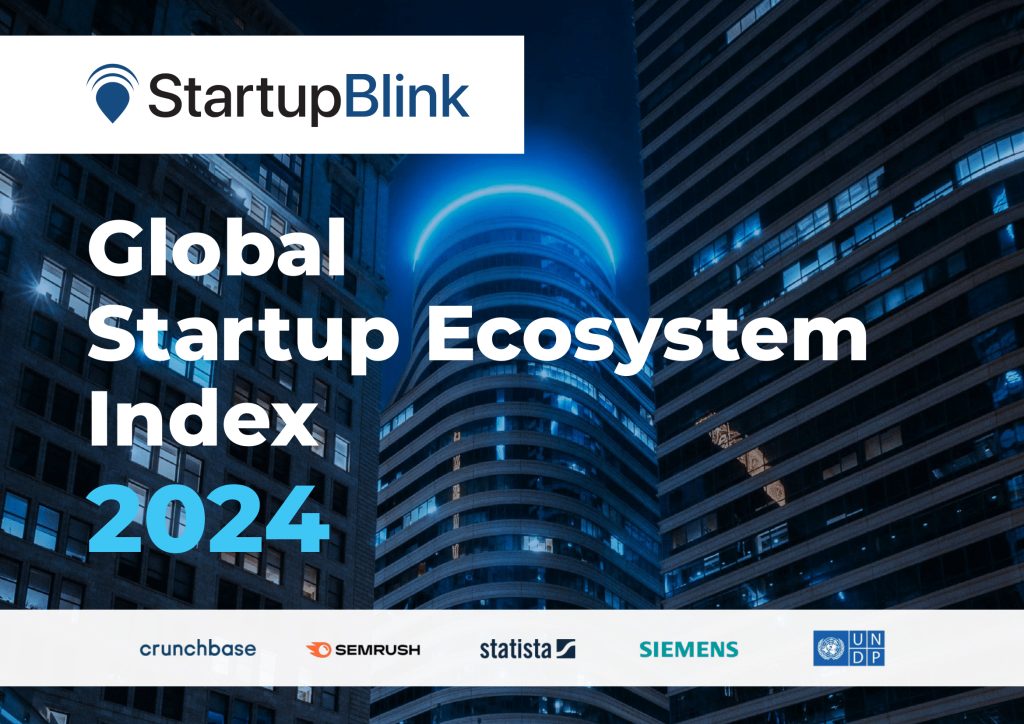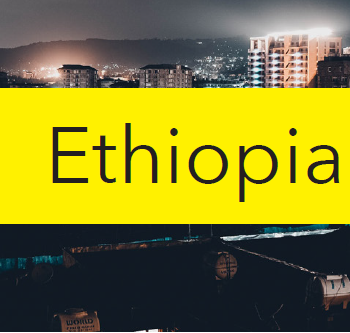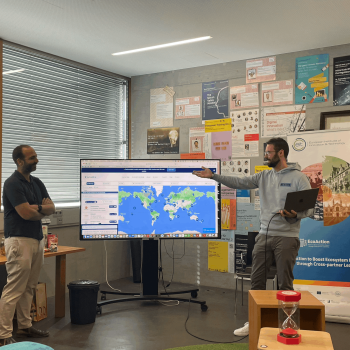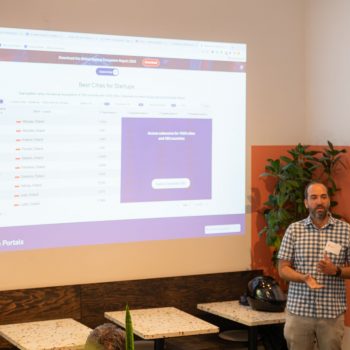Successful startups and unicorns often emerge from the top startup ecosystems as these cities offer a dozens of advantages, including access to investors, high-quality clients, potential co-founders and team members, reliable suppliers, and a vast knowledge base. The ecosystem in which your startup operates matters. If you find yourself in an underperforming ecosystem that lacks the necessary resources and support, you are faced with a choice: either relocate to an overperforming location or lead it. In this article, we will explore the best cities for startups and entrepreneurs based on StartupBlink’s Global Startup Ecosystem Index 2024 that ranks 1,000 cities and 100 countries’ startup ecosystems.
The Top 20 Cities for Startups & Entrepreneurs in 2024
View city momentum and rankings with our interactive tables.
Top 10: San Francisco continues to be the undisputed leader of the global startup ecosystem.
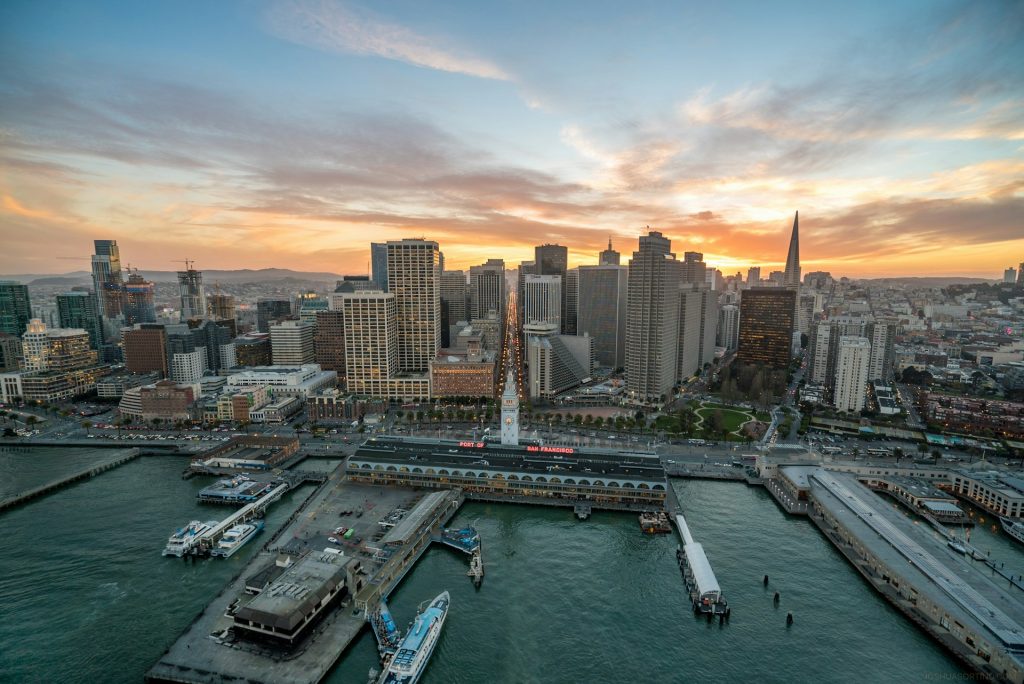
- This year’s top 10 global cities for startups have mostly kept their ranks, though Tel Aviv and Paris have swapped places, now sitting at 9th and 10th respectively. These shifts offer a snapshot of where dynamic changes in leadership and innovation are occurring.
- San Francisco remains the undisputed leader of the global startup landscape, increasing its lead over its closest competitor, New York. The gap between their scores has grown from 2.4 to 2.8, with San Francisco’s stronghold in AI startups playing a key role in its sustained dominance.
- Since 2017, New York has secured the second position, staying far ahead of London, the third-place city. The significant score difference underscores the challenge for other cities looking to bridge the gap with these top ecosystems.
- Among the “big 6 cities,” which include London (3rd), Los Angeles (4th), Boston (5th), and Beijing (6th), there’s a nearly 50% higher score compared to cities ranked lower. Notably, London has widened its advantage over Los Angeles this year, reinforcing its status as a leading hub for innovation and business growth.
- Shanghai remains the seventh globally and the second-highest in China, significantly ahead of cities below but still trailing the leaders.
- Bangalore holds the 8th spot and is recognized as the leading startup ecosystem in India. Its steady performance and slight increase in the score gap with Shanghai indicate its growing prominence in the global startup scene.
- The ongoing rivalry between Tel Aviv and Paris highlights their intense competition. Paris, now in the 10th spot, is the top ecosystem in the EU and the second in Europe, following closely behind London, offering entrepreneurs a robust environment for growth and innovation.
From 11-50: Singapore City’s Climb Continues since 2020, and Dubai enters the top 50.

- Cities ranked between 11th and 50th have seen some significant shifts this year. Notably, New Delhi has risen to 11th place, surpassing Berlin and marking a notable rise of seven spots since 2020, edging ever closer to the top 10.
- Seattle remains steady at 12th place, yet it’s worth noting that it’s now increasing its lead over the city just above it due to a widening score gap this year.
- Berlin has moved down to 13th place, a drop of two spots from last year, contrasting sharply with its 8th place ranking in 2020.
- Tokyo and Chicago hold stable at 14th and 15th places, respectively, with both cities seeing a slight increase in their score gaps.
- Singapore City has made a significant leap, climbing four spots to 16th place, marking an impressive 16-spot rise since 2020 and overtaking Shenzhen to become the 6th top-ranked city in the Asia-Pacific region.
- Austin has climbed four spots to reach 17th place, its best position since 2020. Mumbai is up five spots to 20th, representing the biggest jump among the top 20 this year and increasing the number of Indian cities in the top 20 to three, up from two last year.
- Seoul has improved its ranking by three spots to 21st, while Toronto follows closely at 22nd, up one spot, notably the only Canadian city among the top 30.
- São Paulo has experienced a sharp decline, dropping six spots and falling out of the top 20. Nonetheless, it remains the only Latin American city within the top 3% of the 1,000 ranked cities.
- Stockholm*, despite a seven-spot drop to 26th, maintains its position as the third highest-ranked ecosystem in the EU, closely followed by Amsterdam at 28th after a slight decline.
- Jakarta continues its upward trajectory, moving up two spots to 27th, totaling a 14-spot increase over four years.
- Miami has re-entered the top 30 at 30th place, climbing two spots and surpassing Denver, which stays steady at 31st.
- Moscow has slightly recovered from a steep drop last year but still falls two spots to 32nd.
- Sydney, representing Australia & Oceania, has risen two spots to 36th after a year of stability.
- Barcelona, the top startup ecosystem in Southern Europe, climbs two spots to 38th, ranking as the 5th highest in the EU.
- Munich has seen a five-spot decline to 39th, distancing itself further from the top 30 and widening its gap with Berlin.
- Vancouver has seen fluctuations over the years but this year has risen one spot to 40th.
- Minneapolis has made the most significant climb among North American cities within the top 50, rising five spots to 42nd.
- Dubai celebrates a notable entry into the top 50 with an eight-spot rise, marking a dramatic climb of 89 places since 2020.
Note: There was an error in the 2023 scoring for Stockholm, where exits weren’t properly adjusted for the year they occurred. This artificially inflated the city’s score, leading to a correction this year. We apologize for the oversight.
From 51st to 100: Kansas returns to the Global Top 100, and Istanbul is nearing the top 50.

- Istanbul continues to build on its momentum, climbing two spots to 51st and nearing the top 50 with a total gain of 29 positions since 2021.
- Guangzhou and Mexico City, formerly in the top 50, have slipped to 52nd and 53rd, respectively, due to declines of seven and five spots.
- Tallinn is making noticeable advances, rising five spots to 55th. Milan has also made significant gains, climbing nine spots to secure its position as the sole Italian city in the top 100.
- Wilmington has made the most considerable leap within the top 100, surging 32 spots to 61st, the highest rank it has achieved since 2020. Nashville and Las Vegas, two other US cities, have also improved, climbing 16 and 11 spots respectively.
- Bogota continues its steady rise, nearing the top 60 with a two-spot increase this year, totaling a 14-spot rise since 2021, now positioned at 63rd.
- Hyderabad and Chennai, two cities from India, have made impressive progress. Hyderabad jumped 24 spots to 65th, and Chennai rose 21 spots to 81st.
- Lagos, as the leading startup ecosystem in Africa, has entered the top 70 for the first time. Conversely, Santiago has experienced the steepest decline among Latin American cities in the top 100, falling 12 spots to 79th.
- Bangkok, the only Thai city in this segment, has fallen six spots after a substantial rise last year. Other Thai cities continue to lag significantly behind.
- In Europe, Vienna, Brussels, and Lisbon have each faced double-digit declines, with Lisbon dropping the most—24 spots.
- From North America, Columbus and Kitchener have seen the largest regional declines within the top 100, falling 17 and 14 spots, respectively.
- Cairo has solidified its place in the top 100 at 97th, with consistent double-digit jumps each year since 2021, narrowing the score gap with Lagos.
- Kansas City has made a comeback to the top 100, climbing five spots after being absent last year.
From 101st to 1,000
North America
In North America, Milwaukee has made a notable rise, jumping 26 spots to 127th, thereby entering the top 50 in the region. Calgary shows strong momentum among Canadian cities, rising four spots to 107th, while Quebec City and Edmonton decline by 15 and four spots, respectively. Kingston stands out as the only Canadian city with a population under 500,000 in the top 200, rising one spot to 179th. However, Jacksonville experiences a significant decline, dropping 86 spots to 199th, continuing a negative trend for the second consecutive year. Notable advances within the 201-1,000 range include Sheridan, Santa Fe, and Lewes, with Sheridan making the most dramatic leap of 507 spots. Additionally, Daytona Beach, Allentown, and Charlottetown have entered the top 500, demonstrating significant upward mobility. The Index welcomes 16 new US cities and two from Canada, Saint John and Red Deer, into the top 1,000.
Europe
In Europe, Eindhoven makes the most significant global jump, climbing 59 spots to 104th, surpassing three other Dutch cities. Sofia continues its positive trend, rising two spots to 117th, becoming the second highest-ranked Balkan ecosystem. Gothenburg and Frankfurt show strong growth, climbing 28 and 26 spots respectively, while Mannheim and Reykjavik experience declines. Lyon and Toulouse rise in the rankings, while Marseille drops, and Grenoble joins the top 200 with a notable rise. The UK sees mixed results, with Birmingham and Leeds climbing, but Bristol, Edinburgh, and Newcastle upon Tyne declining. Rome strengthens its position, climbing 18 spots to 149th, but still lags behind Milan. Notable rises in the 201-300 range include Limassol, Bratislava, and Dresden. Cities like Slough, Groningen, and Bremen have made impressive leaps, entering the top 500. Europe also sees 22 new cities joining the Index, with Germany leading the way.
Asia Pacific
In the Asia-Pacific region, all Chinese cities in this range decline, with Chengdu dropping out of the top 100. Osaka and Kyoto show contrasting trends, with Osaka declining and Kyoto rising, narrowing the gap between them. Indian cities Ahmedabad and Jaipur make significant leaps, and Karachi in Pakistan joins the top 200. Brisbane and Perth show mixed results for Australia, while Auckland in New Zealand improves its position. The 201-1,000 range sees substantial advances by Surat, Xi’an, Coimbatore, and Indore, among others. Ten new Indian cities join the Index, along with new entries from Australia, Japan, Sri Lanka, and Vietnam.
Latin America & Caribbean
In Latin America & the Caribbean, Curitiba continues its positive trajectory, climbing three spots to 137th. Rio de Janeiro declines slightly, continuing a long-term downward trend. Medellin improves its ranking, surpassing Monterrey. Lima re-enters the top 200, reversing a four-year decline. Significant improvements in the 201-300 range include San Juan, Córdoba, and Florianópolis. Kingston, Jamaica, and several Mexican cities show notable upward momentum, while the region welcomes new entries like George Town, Irapuato, and Port of Spain into the top 1,000.
Middle East & Africa
In the Middle East & Africa, Nairobi makes a significant jump, rising 24 spots to 113th. Haifa is surpassed by several cities, including Nairobi, Cape Town, Riyadh, and Johannesburg. Abu Dhabi climbs 11 spots, reversing its previous negative momentum. The region sees positive movements from cities like Dakar, Erbil, and Enugu, with new entries from Alexandria, Kano, and Kisumu joining the top 1,000.
Conclusion
In conclusion, the latest Global Startup Ecosystem Index 2024 underscores the strategic advantage that certain cities offer for startups and entrepreneurs. With San Francisco leading the charge, cities like New York, London, and Tel Aviv remain pivotal hubs due to their robust ecosystems that are essential for fostering innovation and growth. Emerging cities like Bangalore and Dubai have also demonstrated significant progress, indicating a dynamic shift in global startup trends. This comprehensive index not only highlights the prevailing and rising stars in the startup world but also offers valuable insights for those looking to thrive in these competitive environments. To delve deeper into the rankings and gain detailed insights about the top cities for startups and entrepreneurs in 2024, download the full index report and explore how various ecosystems compare globally.
Download the full report for deeper analysis on 1,000+ locations.
About Us:
StartupBlink is a startup ecosystem map and research center. We help governments, multilateral organizations, and top corporate startup programs identify opportunities and become champions in the global innovation economy.

